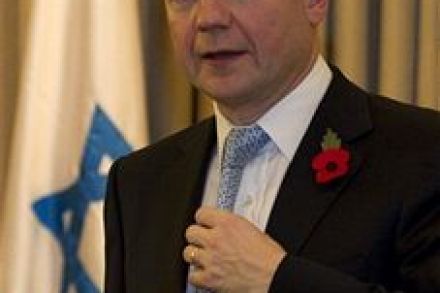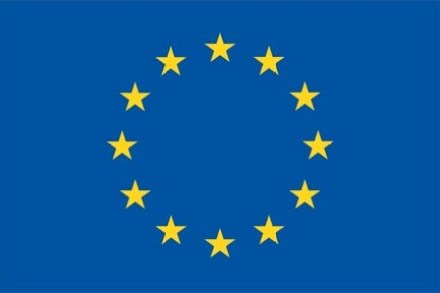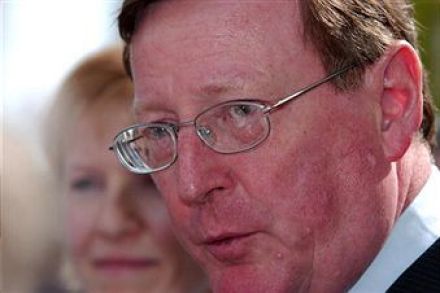Stop blaming Israel alone
Reading the British press – or even listening to some ministers – you would be forgiven for thinking that the only obstacle preventing Middle East peace is Israeli obstinacy and Benjamin Netanyahu’s unwillingness to force his political allies – like Shas – to the negotiating table. But, as always, things are a bit more complicated than the newspaper headlines would suggest. From Israel’s position, the region is looking increasingly hostile. Talk of a war in Lebanon with Hezbollah persists. In Syria, President Assad looks less interested in a rapprochement than he has done for years. Turkey is now closer than at anytime to declaring Israel an enemy – military-to-military links
















